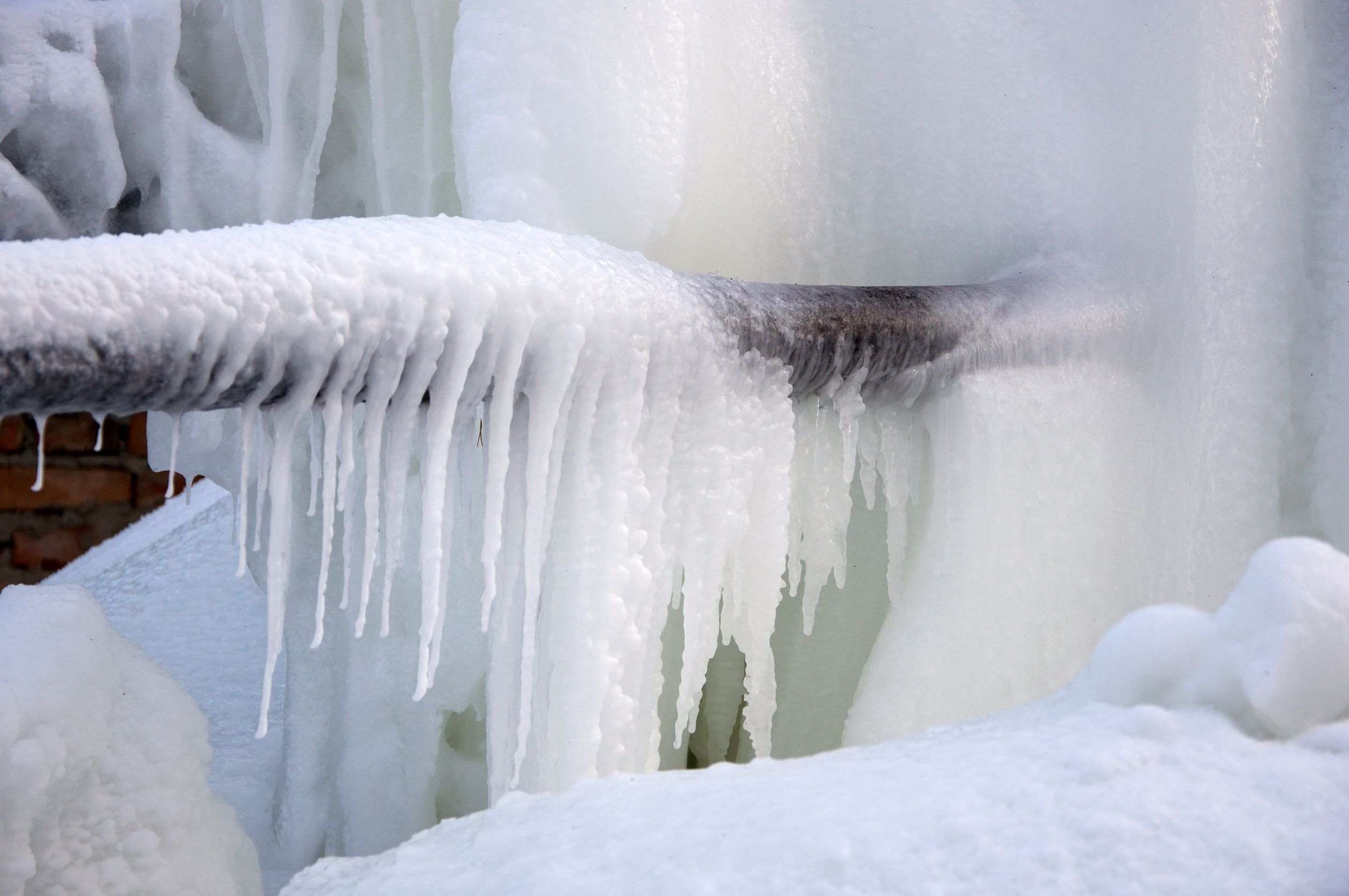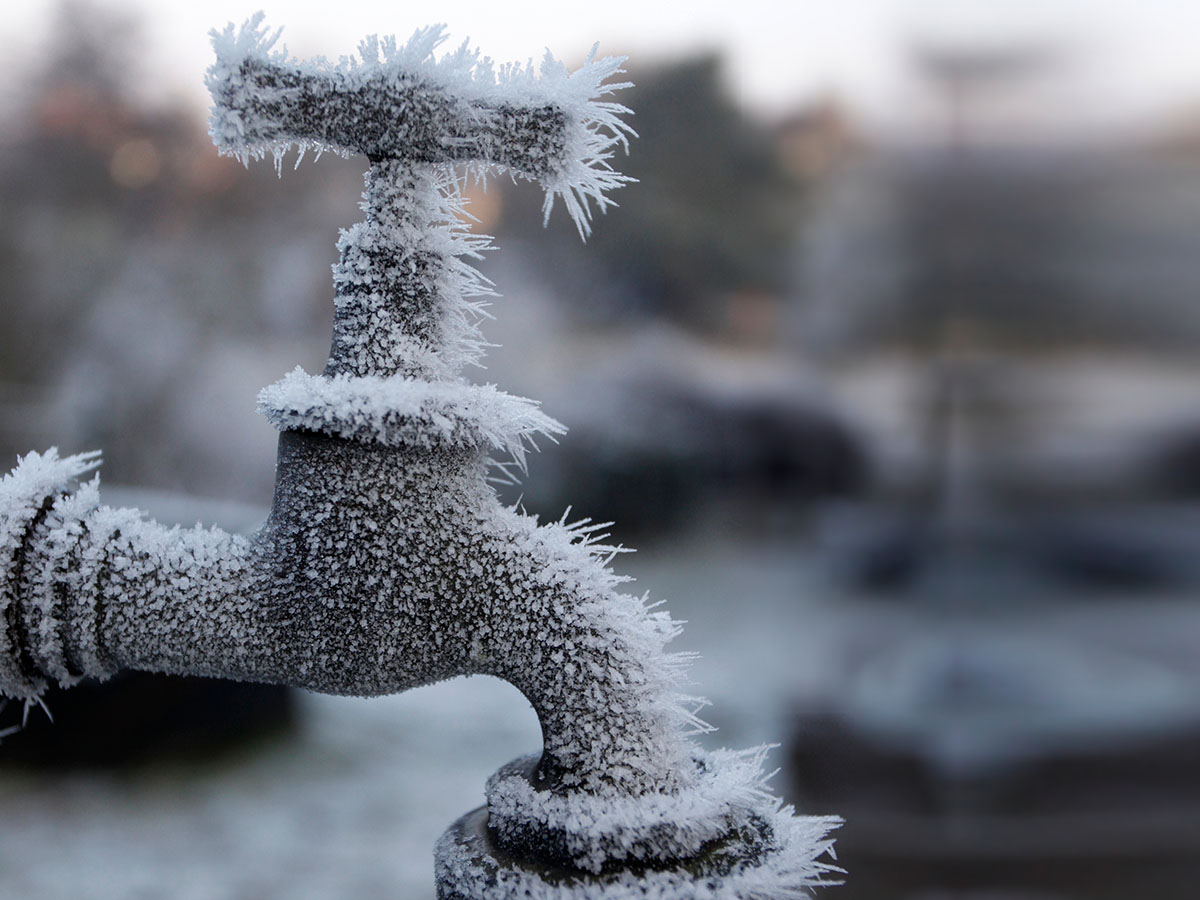Avoid Frozen Plumbing in Winter: Pro Tips
Avoid Frozen Plumbing in Winter: Pro Tips
Blog Article
Do you find yourself looking for help about 6 Ways to Prevent Frozen Pipes?

Winter can damage your plumbing, particularly by freezing pipelines. Right here's how to avoid it from taking place and what to do if it does.
Introduction
As temperature levels drop, the risk of icy pipes boosts, potentially leading to expensive repair work and water damages. Recognizing exactly how to stop frozen pipelines is crucial for home owners in cool environments.
Recognizing Icy Pipes
What creates pipes to ice up?
Pipelines freeze when revealed to temperatures listed below 32 ° F (0 ° C) for extended periods. As water inside the pipes freezes, it broadens, taxing the pipeline wall surfaces and potentially causing them to rupture.
Threats and damages
Icy pipelines can bring about water system disruptions, property damages, and pricey fixings. Burst pipelines can flood homes and trigger considerable structural damages.
Signs of Frozen Water Lines
Recognizing icy pipes early can prevent them from breaking.
Exactly how to recognize icy pipes
Seek reduced water flow from taps, unusual odors or sounds from pipes, and noticeable frost on subjected pipes.
Prevention Tips
Insulating prone pipes
Wrap pipelines in insulation sleeves or use warmth tape to secure them from freezing temperatures. Focus on pipes in unheated or external areas of the home.
Heating methods
Maintain indoor spaces appropriately warmed, particularly areas with plumbing. Open cabinet doors to enable cozy air to distribute around pipelines under sinks.
Safeguarding Outdoor Pipes
Yard pipes and exterior taps
Detach and drain pipes garden tubes prior to wintertime. Install frost-proof spigots or cover exterior faucets with insulated caps.
What to Do If Your Pipelines Freeze
Immediate activities to take
If you believe icy pipes, maintain taps open up to alleviate pressure as the ice melts. Use a hairdryer or towels soaked in hot water to thaw pipelines gradually.
Long-Term Solutions
Architectural changes
Consider rerouting pipelines far from outside wall surfaces or unheated areas. Add additional insulation to attics, cellars, and crawl spaces.
Upgrading insulation
Invest in top quality insulation for pipes, attic rooms, and wall surfaces. Correct insulation aids maintain consistent temperatures and minimizes the danger of icy pipes.
Final thought
Stopping frozen pipes requires aggressive measures and fast feedbacks. By recognizing the causes, indicators, and preventive measures, property owners can secure their pipes during winter.
Helpful Tips to Prevent Frozen Pipes this Winter
UNDERSTANDING THE BASICS: WHY PIPES FREEZE AND WHY IT’S A PROBLEM
Water freezing inside pipes is common during the winter months, but understanding why pipes freeze, and the potential problems it can cause is crucial in preventing such incidents. This section will delve into the basics of why pipes freeze and the associated problems that may arise.
THE SCIENCE BEHIND FROZEN PIPES
When water reaches freezing temperatures, it undergoes a physical transformation and solidifies into ice. This expansion of water as it freezes is the primary reason pipes can burst. As the water inside the pipe freezes, it expands, creating immense pressure on the walls. If the pressure becomes too great, the pipe can crack or rupture, leading to leaks and water damage.
FACTORS THAT CONTRIBUTE TO PIPE FREEZING
Low Temperatures: Extremely cold weather, especially below freezing, increases the risk of pipes freezing. Uninsulated or Poorly Insulated Pipes: Pipes located in unheated areas, such as basements, crawl spaces, or attics, are more prone to freezing. Insufficient insulation or lack of insulation altogether exacerbates the problem. Exterior Wall Exposure: Pipes running along exterior walls are susceptible to freezing as they encounter colder temperatures outside. Lack of Heating or Temperature Regulation: Inadequate heating or inconsistent temperature control in your home can contribute to frozen pipes. PROBLEMS CAUSED BY FROZEN PIPES
- Pipe Bursting: As mentioned earlier, the expansion of water as it freezes can cause pipes to burst, resulting in significant water damage.
- Water Damage: When pipes burst, it can lead to flooding and water damage to your property, including walls, ceilings, flooring, and personal belongings.
- Structural Damage: Prolonged exposure to water from burst pipes can compromise the structural integrity of your home, leading to costly repairs.
- Mold and Mildew Growth: Excess moisture from water damage can create a favorable environment for mold and mildew growth, posing health risks to occupants.
- Disrupted Water Supply: Frozen pipes can also result in a complete or partial loss of water supply until the issue is resolved.
WHY CERTAIN PIPES ARE MORE PRONE TO FREEZING
- Location: Pipes located in unheated or poorly insulated areas, such as basements, crawl spaces, attics, or exterior walls, are at higher risk of freezing.
- Exterior Pipes: Outdoor pipes, such as those used for irrigation or exposed plumbing, are particularly vulnerable to freezing as they are directly exposed to the elements.
- Supply Lines: Pipes that carry water from the main water supply into your home, including the main water line, are critical to protect as freezing in these lines can affect your entire plumbing system.
- Underground Pipes: Pipes buried underground, such as those connected to sprinkler systems or outdoor faucets, can be susceptible to freezing if not properly insulated.
https://busybusy.com/blog/helpful-tips-to-prevent-frozen-pipes-this-winter/

We are very inquisitive about Preventing and dealing with frozen pipes and I am assuming you liked the blog entry. I beg you pause to distribute this blog entry if you enjoyed it. We treasure reading our article about Prevent Frozen Pipes .
Click Report this page